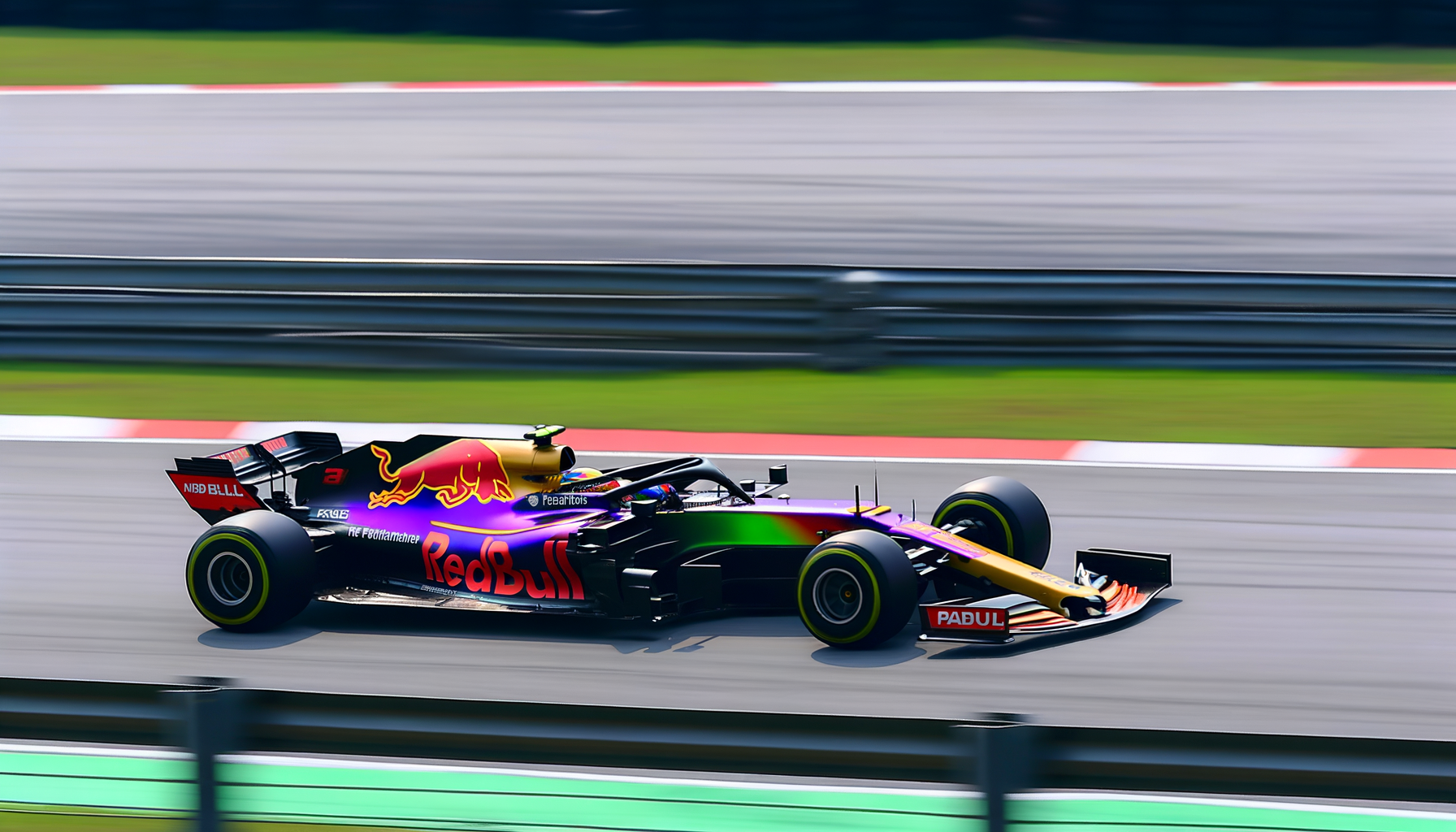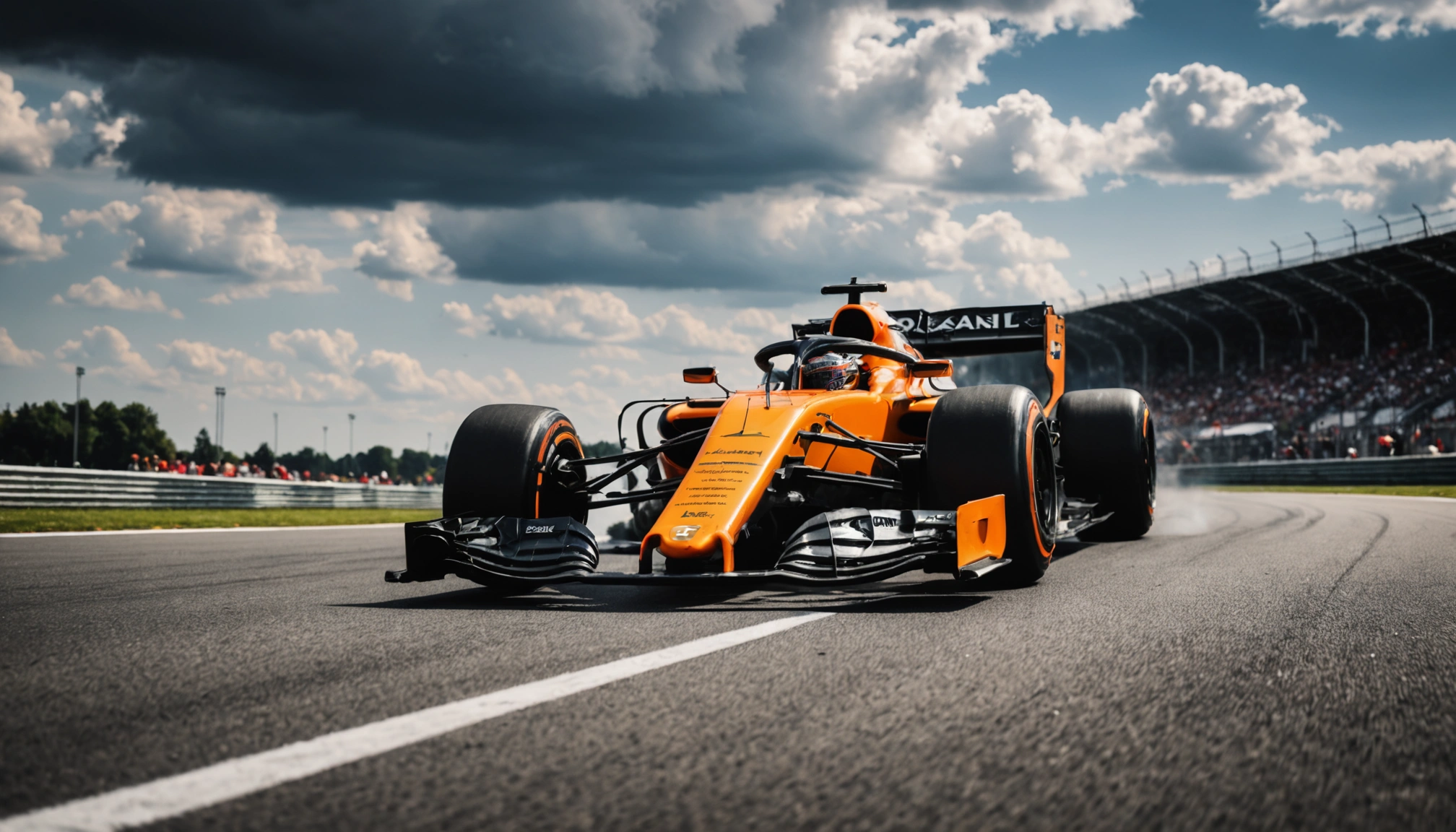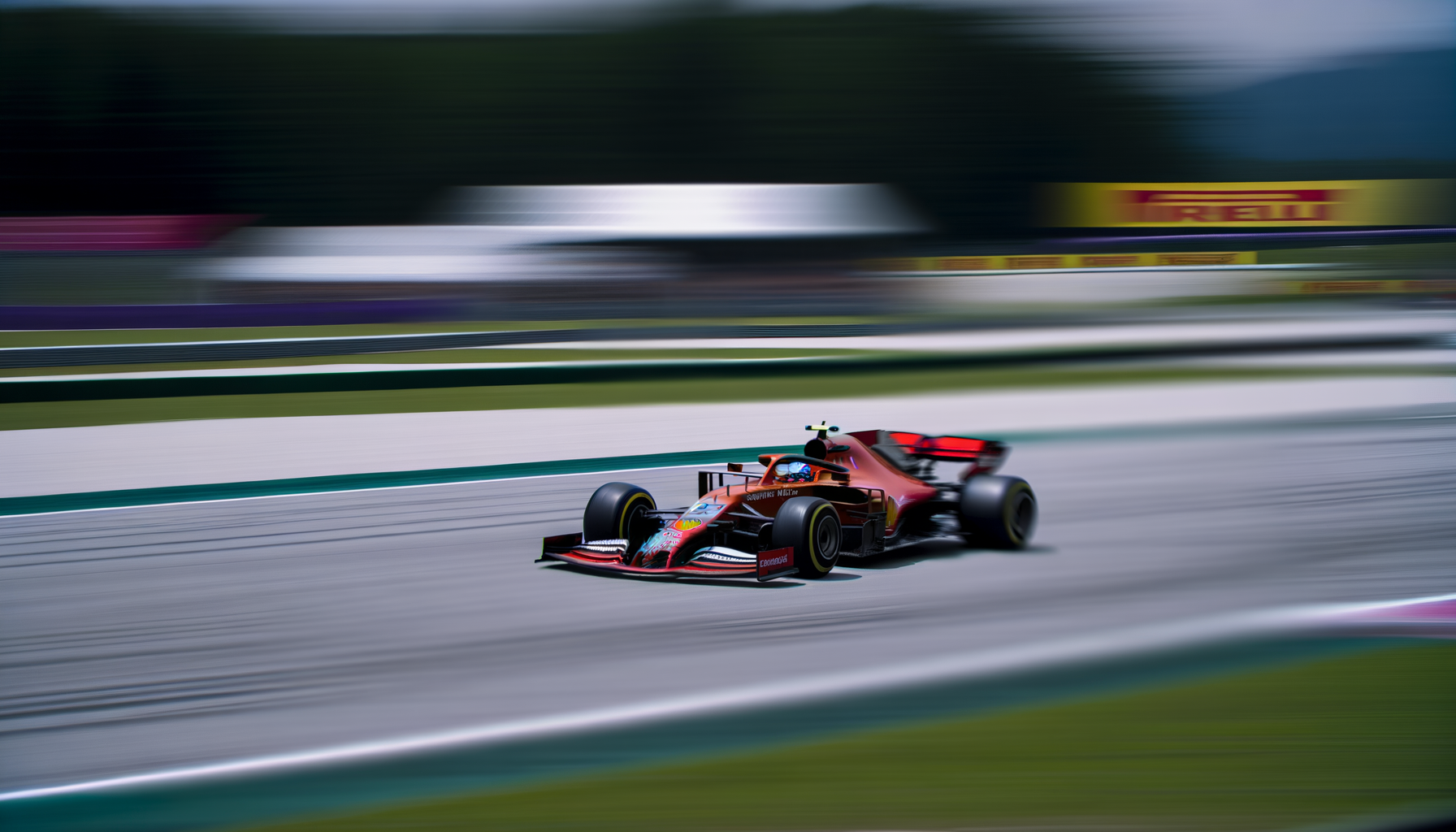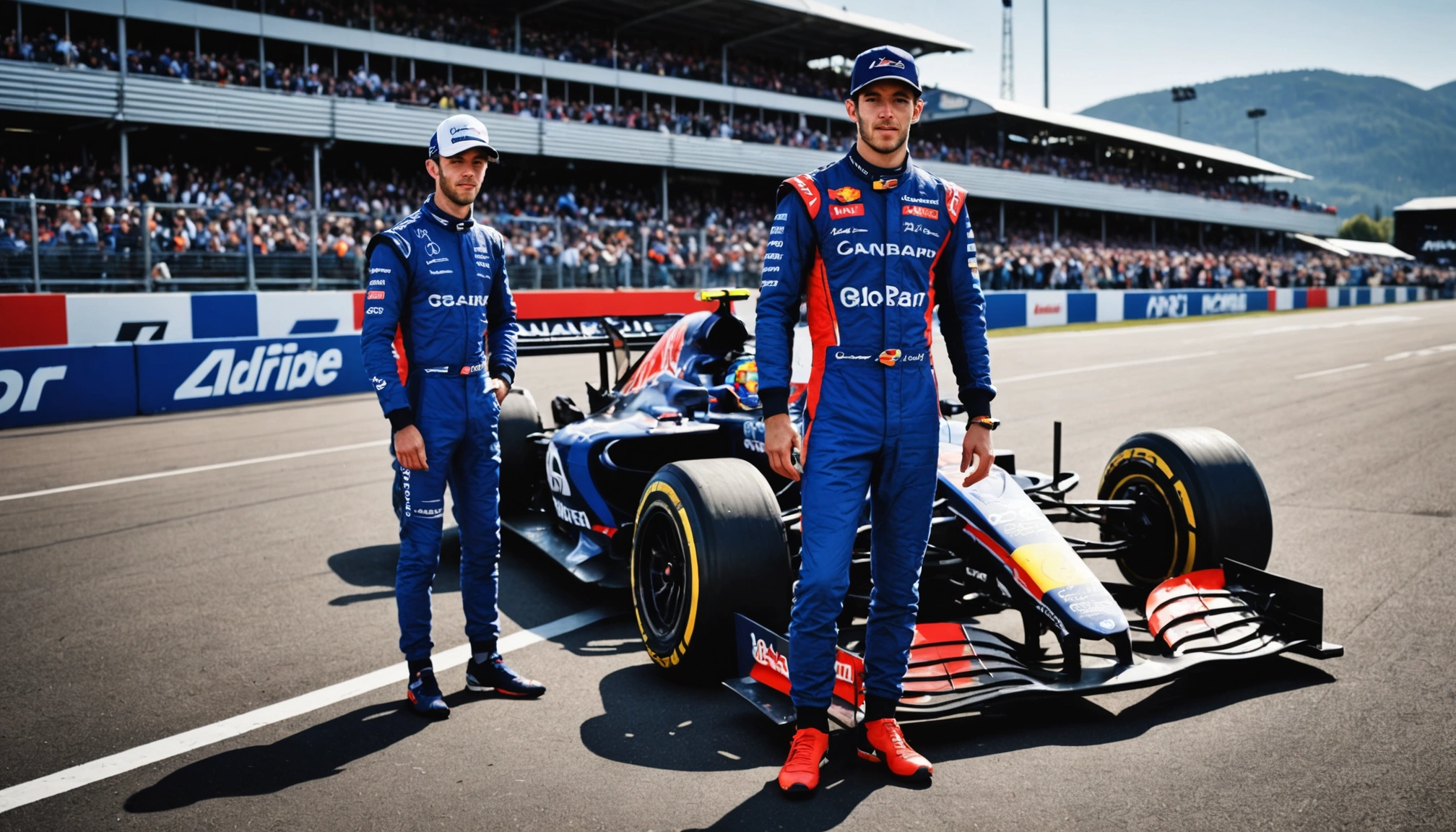How Red Bull’s Different Philosophy Unlocked The RB21’s Potential
Discover how Red Bull’s unique approach helped maximise the RB21’s performance in F1, turning challenges into victories with innovative strategies and teamwork.

By Editorial
Introduction To Red Bull’s RB21 Breakthrough
The 2021 Formula 1 season witnessed a remarkable resurgence for Red Bull Racing, thanks largely to the RB21. This car’s performance was a game-changer, enabling Red Bull to genuinely challenge Mercedes’ dominance. But what truly set the RB21 apart was not just engineering excellence, but a "different philosophy" in its development and utilisation.
In this article, we explore how Red Bull’s innovative mindset unlocked the full potential of the RB21, delivering a blend of speed, reliability, and adaptability that stood out throughout the season.
Understanding The Core Philosophy Behind The RB21
Unlike traditional Formula 1 teams that often focus on iterative improvements, Red Bull adopted a bold, holistic design philosophy with the RB21. This approach centred on pushing boundaries in aerodynamics and chassis design to create a more balanced and responsive car.
The philosophy emphasised integration over isolated upgrades. For example, the engineering team worked closely with aerodynamics specialists to ensure the RB21’s bodywork and floor worked seamlessly to maximise downforce without compromising drag.
Case Study: Aerodynamic Innovations
One standout feature was the innovative floor design that enhanced ground effect, a critical aspect for cornering speed. This allowed the RB21 to corner faster at circuits like Silverstone and Monza, where aerodynamic efficiency is paramount.
Data from the 2021 season shows that Red Bull’s downforce levels were among the highest on the grid, giving drivers Max Verstappen and Sergio Pérez a tangible performance edge.
The Role Of Team Dynamics In Maximising The RB21
Red Bull’s philosophy extended beyond the car itself to how the team operated. Collaboration between drivers, engineers, and strategists was prioritised, creating a feedback loop that accelerated developments and optimisations.
Unlike some teams where drivers have limited input, Verstappen’s insights were integral to fine-tuning the RB21, particularly on tyre management and setup. This synergy contributed significantly to race-day performance.
Strategic Adaptability During Races
Race strategy was another area where Red Bull’s different philosophy paid off. The team demonstrated remarkable flexibility, adapting strategies to evolving conditions rather than rigid plans. For instance, at the 2021 Hungarian Grand Prix, Red Bull’s call to switch Verstappen to hard tyres earlier than competitors helped secure a vital win.
Challenges Faced And How The Philosophy Helped Overcome Them
Every F1 car faces challenges, and the RB21 was no exception. Early in the season, Red Bull encountered reliability issues, particularly with power unit components.
However, the team’s philosophy of openness and rapid problem-solving ensured these challenges were addressed swiftly. Engineering teams collaborated intensively with Honda, the RB21’s power unit supplier, to enhance reliability without sacrificing performance.
Reliability Improvements Over The Season
By mid-season, the RB21’s reliability stats improved markedly, contributing to consistent podium finishes. This turnaround was a testament to the team’s commitment to a philosophy that values resilience alongside speed.
Comparisons With Other Teams’ Approaches
While Mercedes stuck with what had been a successful formula, Red Bull’s willingness to rethink and innovate set them apart. Their "different philosophy" meant embracing calculated risks in design and strategy.
This contrasts with Mercedes’ more conservative evolution of the W12 car, illustrating how Red Bull’s mindset was a key factor in their championship challenge.
Lessons From Red Bull’s Approach For Other Sports Teams
The RB21 story offers valuable lessons beyond F1. In sports, as highlighted in Exploring the top sports in the UK from football to darts, adopting a fresh philosophy can unlock latent potential.
Whether it’s football clubs adapting new tactics or cricket teams refining player roles, a willingness to innovate can provide a competitive edge.
Conclusion: The Lasting Impact Of Red Bull’s Philosophy
The RB21’s success was not just about raw engineering but about a mindset that embraced innovation, collaboration, and adaptability. Red Bull Racing showed how a different philosophy could challenge the status quo and achieve remarkable results.
As Formula 1 evolves, teams that adopt similarly open and integrative approaches are likely to flourish. For fans and sports enthusiasts alike, the RB21's journey is a prime example of how thinking differently can lead to extraordinary performance.
Related topics
Editorial
Sports expert at SportsScoop
Specialist in sports analysis and journalism
Related articles
Want to read more?
Explore our comprehensive collection of sports articles and analysis, or contact us for more information.



